Unless you've been hiding in a bunker ignoring the internet altogether for the past two years (which: fair), you've probably noticed that essential oils have taken the ~wellness movement~ by storm, thanks to their supposed lack of chemicals and power to fix everything from anxiety to acne.
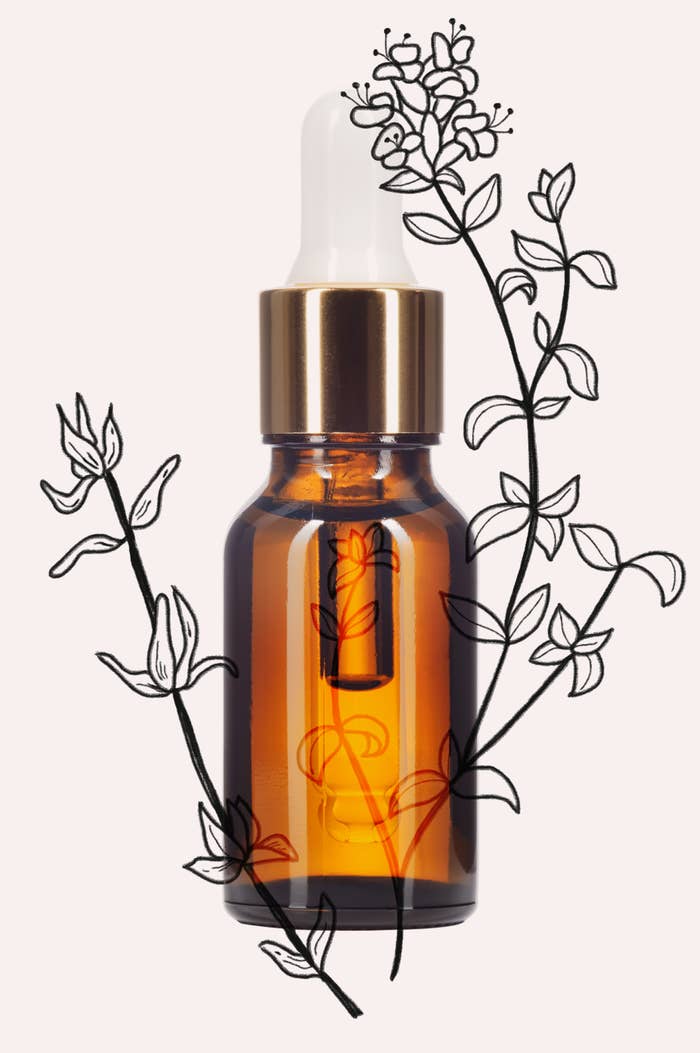
1. This might be dumb, but...what even are essential oils?
That's not dumb! Honestly, I can think of at least three people in my life who would probably start putting essential oils in cocktails because a blogger told them to without even asking the obvious, so.
Anyhoo, essential oils are essences extracted from plants through a distillation process that captures the plant's scent and flavor. For some plants, the oil is taken from dried seeds, peel, or resin; for others, it comes from the leaves, roots, bark, or flowers. Essential oils have been used throughout history for cosmetics, perfumes, and therapeutic purposes — as far back as the ancient Egyptians, who used them as part of mummification.
According to Essential Oils, there are about 150 of them used today for aromatherapy, and each one has a unique chemistry — some are thought be anti-inflammatory or pain-relieving, others decongesting or antiseptic, and some just, like, smell really nice.
2. Do they, you know, work?
Ummm, define "work."
When it comes to a lot of the claims about essential oils, the science just isn't there. Even if you've read that essential oils can cure your depression or that rash you've been meaning to get looked at, multiple scientific studies have found little evidence that aromatherapy can actually treat things like hypertension, depression, anxiety, pain, or dementia.
But listen, if they make you feel relaxed or energized, or make a nice addition to your homemade laundry detergent, that's totally cool. We're not here to shit on your self-care — who doesn't love a gentle whisper of peppermint wafting throughout their home?? However, that Facebook friend of yours who has been posting that essential oils cured her husband's brain cancer is...wrong.
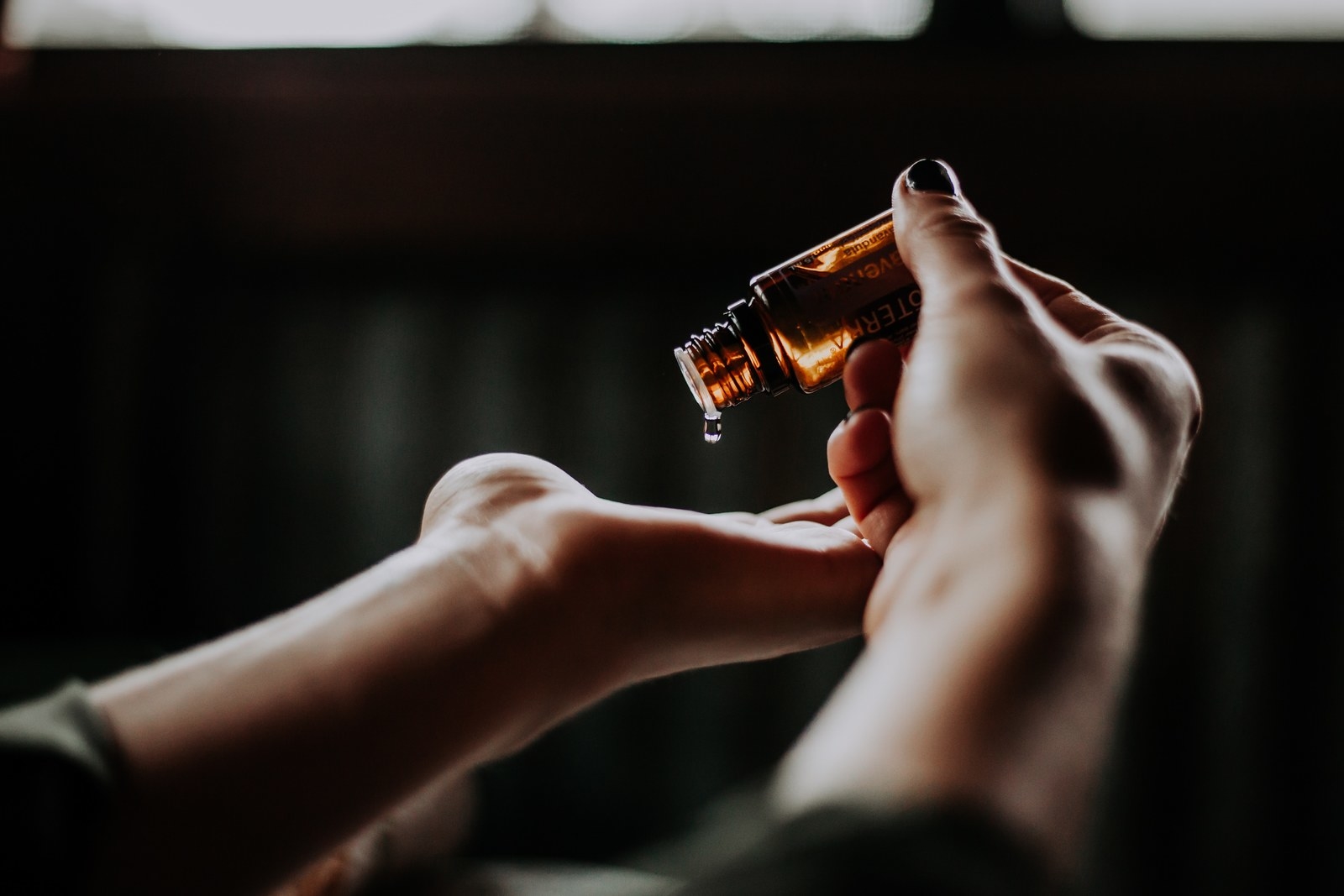
3. OK, so what can they do?
In no way should these oils be viewed as a cure-all for mental or physical illnesses (so don't break up with your therapist!!!), but Essential Oils does highlight some common oils that may help you relax, concentrate, or reenergize:
• Lavender is used to feel calm when you're stressed or to help you drift peacefully off to sleep.
• Chamomile is said to help to lift the spirits, balance emotions, and increase feelings of well-being.
• Rosemary is thought to be a refresher for the mind, especially memory.
• Tea tree oil has antibacterial and anti-fungal properties that may help infections like athlete's foot.
• Thyme is said to relieve pain and work similarly to anti-inflammatory drugs such as ibuprofen.
• Sage is often used to bolster the body's immune system.
4. How do I... *gestures vaguely at body* ...use them on myself?
Before you douse your entire body in these bad boys, know that essential oils should be used sparingly so that you don't irritate your skin. Some of the most popular ways to use them are applying to tension spots during a massage, putting a dab on your pulse points, and sprinkling a few drops onto a tissue and inhaling the scent. Moral of the story? Be gentle. Here are some other soothing suggestions from Essential Oils:
• For a massage, be sure to dilute the essential oil first with a base oil like almond, coconut, sunflower, or canola, and then apply it to muscles, joints, and pulse points. (For a full-body massage, pour about two tablespoons of the base oil onto a saucer and add about four to six drops of the essential oil.)
• For easy inhalation, just sprinkle two or three drops of the oil onto a tissue and inhale deeply, or put a few drops of a soothing oil like lavender onto your pillowcase (or put that tissue inside your pillowcase) to help you fall asleep.
• If you're feeling congested, make a steam inhalation by putting four to eight drops of your chosen essential oil into a bowl of just-boiled water, lean over the bowl and place a towel over your head, and with your eyes closed, breathe deeply for about 10 minutes.
• For a relaxing bath, dilute four to six drops of your chosen essential oil in a tablespoon of a base oil — preferably a light one like sunflower — and stir into your tub.
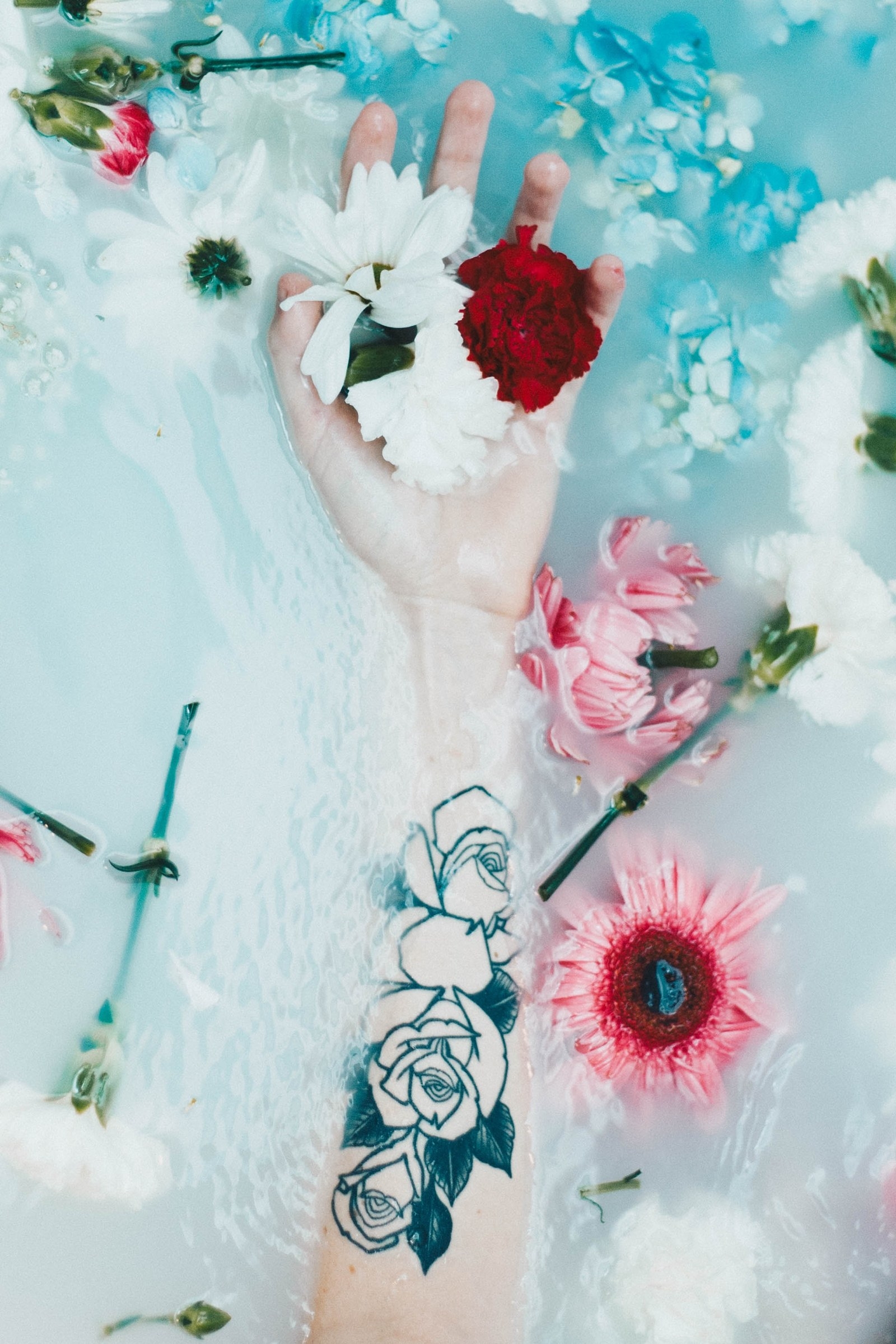
5. Why does it feel like everyone and their sister is suddenly hawking them on Facebook?
Sooo here's The Thing. Multi-level marketing companies (MLMs) have popped up all over the place, selling tons of different products, including lots of wellness-related ones. Essential oil brands like DoTerra and Young Living operate much the same way companies like Mary Kay and LulaRoe do — by having their "consultants" sell their products to friends and family at "parties" and/or recruit more consultants. And a lot of this business is now happening on Facebook.
So, fine, right? Except some of these "wellness advocates" at DoTerra have been spotted making pretty outlandish and legitimately harmful claims. As reported by Mother Jones, the FDA put DoTerra on notice, saying their consultants were violating federal law by claiming that their essential oils could treat or cure health problems like Alzheimer’s, ADD/ADHD, and cancer.
Fun times!!!!
6. Yikes. So, any advice on which ones I should buy?
Well, it depends on your goals. Essential Oils says you should get a pure, natural essential oil, and avoid products that contain added ingredients and bulking agents, which increase the volume but reduce the quality. On the other hand, if you're going into this knowing your main goal is to smell some nice smells and relax before bed or in the tub, you may not need to worry too much about whether the ingredients are top-of-the-line. Basically: do your research and buy what you can afford.
If you do care about getting high-quality oils, though, be wary of companies that have developed their own terminology to make it seem like their oils are ~the best~. If you find an oil that has a therapeutic or aromatherapy "grade" — you've likely spotted some BS. That's just a marketing term with no actual meaning. (SMH. I'm surrounded by scams.)
Also, Essential Oils says that a high-quality oil will likely have this information on its label: the oil's botanical name and the part of the plant used, the country of origin, the distillation or packing date and/or expiration date, and the batch number. Try to buy ones with labels that say if the oil is organic and supports fair trade, too, and you can check the endangered status of a plant here (some have been harvested to near-extinction).
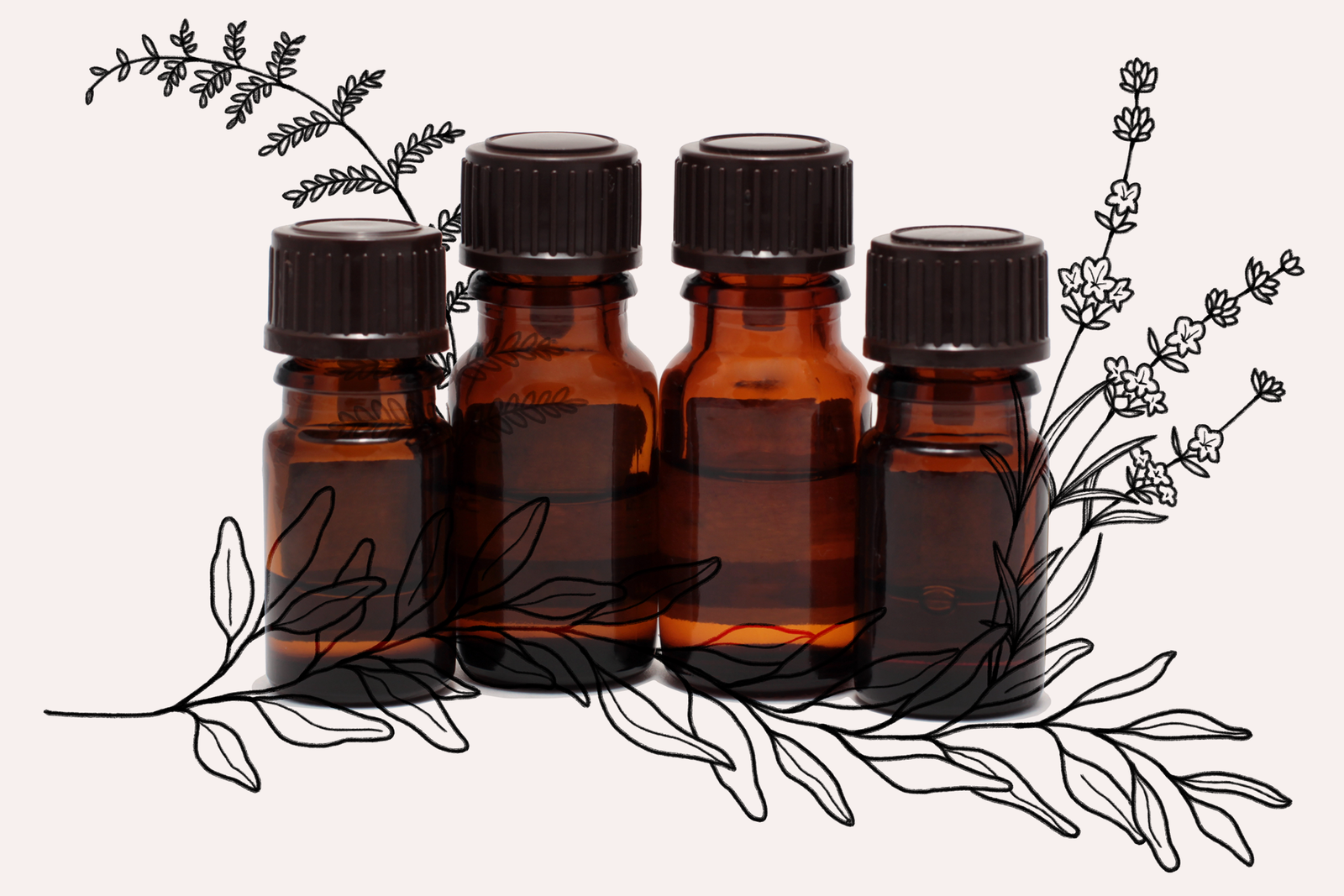
7. How much should I actually spend on them?
My instinct here is to follow up with, "IN THIS ECONOMY??" But really, in this economy, that's completely up to you! Again, if you want top-of-the-line stuff, you'll find that a single oil can cost $30 to $100 (lookin' at you, frankincense!). But if you're less concerned with whether the oil is totally organic and additive-free, you can expect to pay around $10 to $20 at a place like Whole Foods.
Essential Oils says that when it comes to price, the cost of an essential oil depends on its yield from the plant. Believe it or not, around 2,200 pounds of hand-picked orange blossom produces only about two pounds of neroli oil, which is why that one is so expensive. So, if you're after the good stuff and you find that a company is selling all of its oils for the same price, that could be a sign its products aren't exactly high-quality. Scams!!!
8. Will they poison me?
Probably not! That's the vote of confidence you were looking for, right??
OK, but on the whole, small amounts of essential oils are considered totally safe to inhale or apply to skin, but people who are pregnant, have severe asthma, or have a history of allergies should only use essential oils under the guidance of a trained professional and with their physician's knowledge. Here are some other safety tips from Essential Oils:
• If you spill oil on your skin, pour on vegetable, sunflower, or olive oil to dilute it, then gently wash the area with soapy water.
• If you accidentally ingest oil, drink milk to dilute it, then seek medical advice.
• If oil splashed in your eye, rinse it with milk (I KNOW IT SOUNDS WEIRD BUT JUST DO IT), or flush it with lots of cool water, then seek medical advice.
• If you have epilepsy, avoid hyssop and wormwood oils.
• To see if you’re sensitive to a certain essential oil, mix one drop of it with half a teaspoon of base oil, apply it to the inside of your elbow, and wait 24 hours — if no redness or irritation appears, you're in the clear.
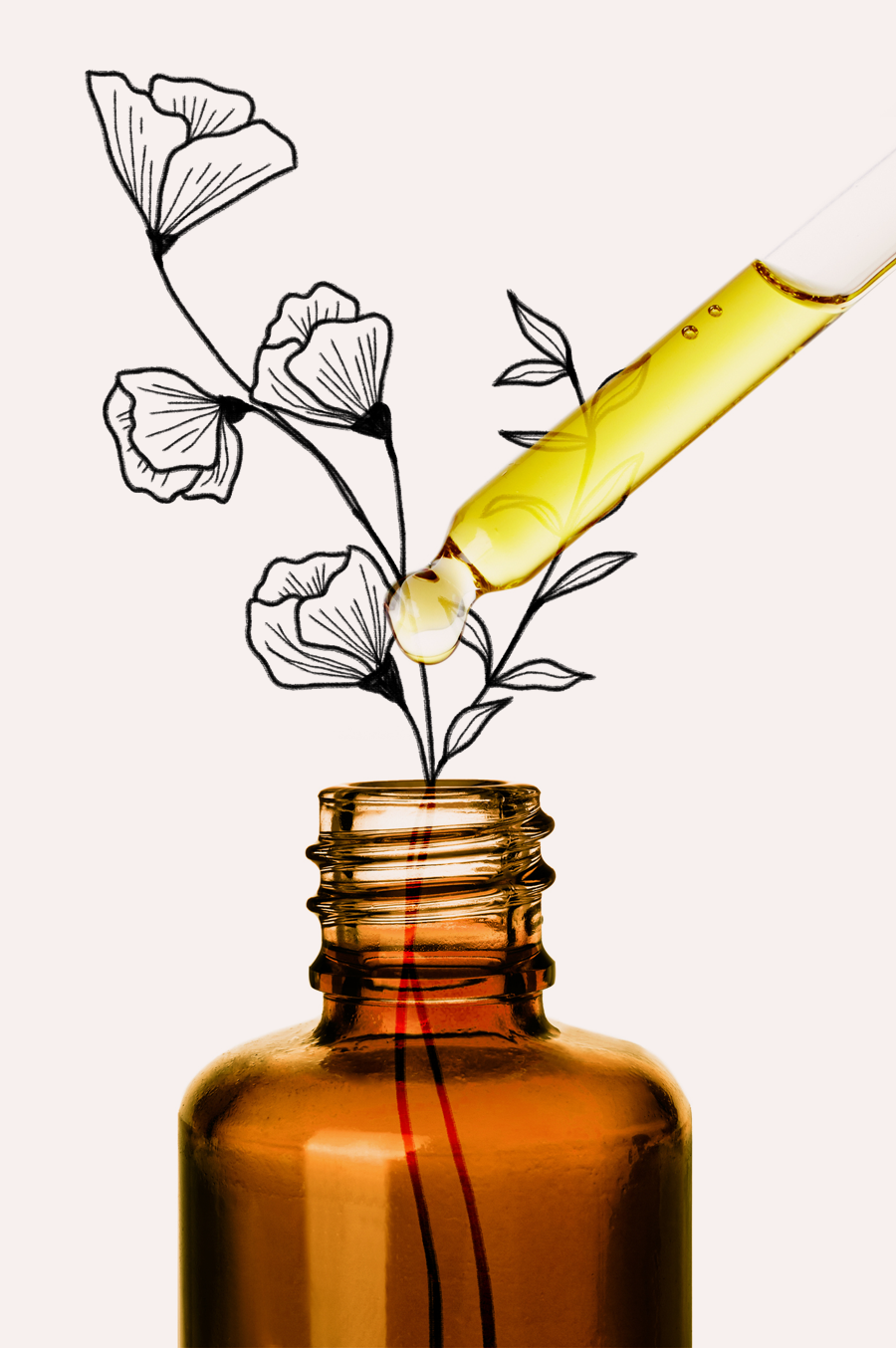
9. Will they poison my pets?
It breaks my heart to say this, but some essential oils can be toxic to household pets, especially to cats. Oils that are known to cause poisoning in cats include wintergreen, sweet birch, citrus, pine, ylang ylang, peppermint, cinnamon, pennyroyal, clove, eucalyptus, and tea tree. Depending on the oil, some symptoms to look out for are drooling, vomiting, tremors, ataxia (wobbliness), respiratory distress, low heart rate, low body temperature, and liver failure. So, please be careful with your fuzzy friends, and consider checking in with your vet before using any essential oils.
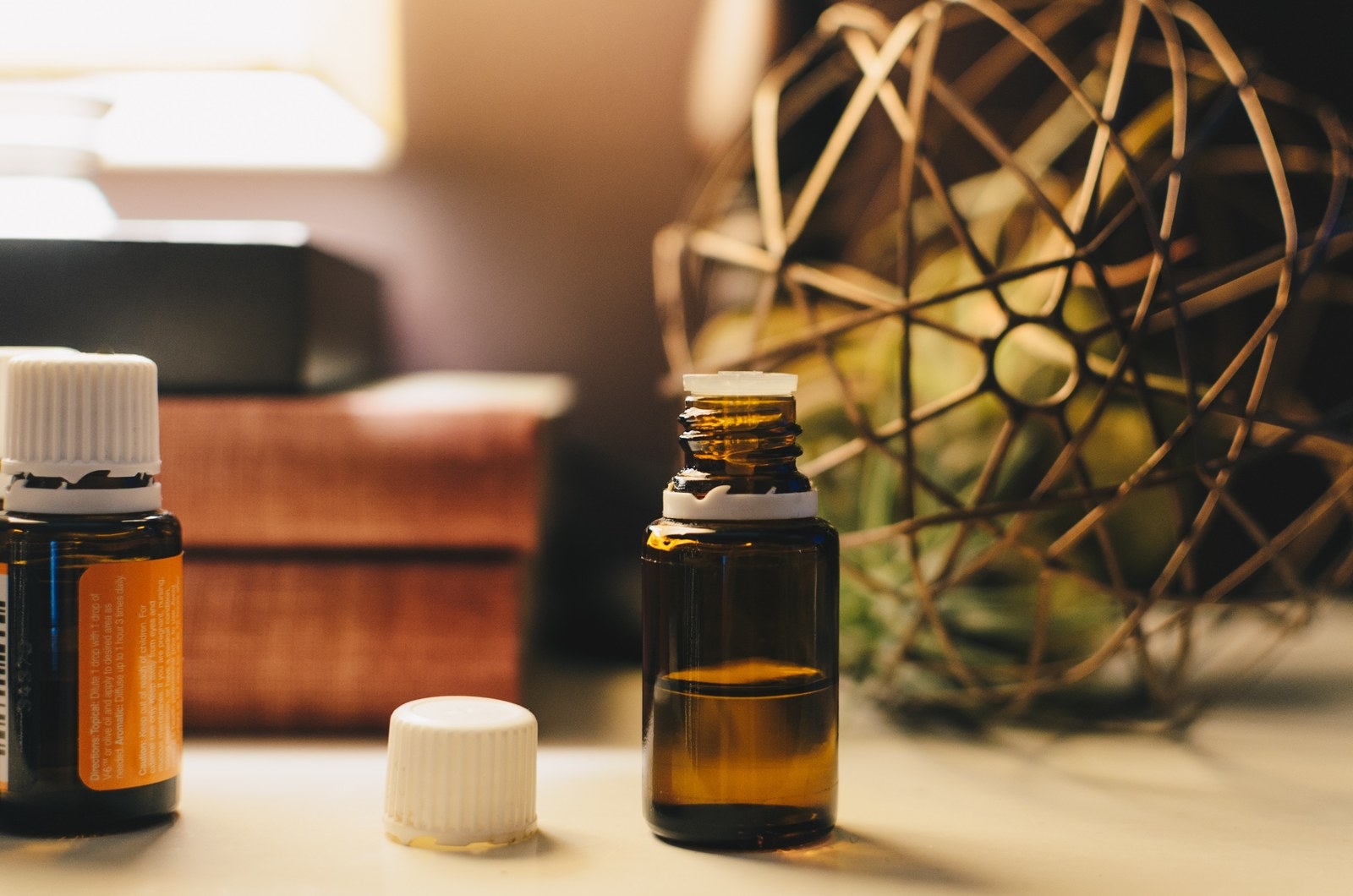
10. Any tips for storage?
Essential Oils says to keep them in glass or stainless steel bottles with tightly sealed lids, stored in a cupboard that's out of direct sunlight. They can evaporate and deteriorate more quickly when they're exposed to light, air, and heat. You should also keep them away from children (and, again, cats), since they can irritate the skin and eyes if they're not diluted properly.
11. Yeah, I have a question: YOU REALLY BELIEVE THIS HOGWASH?
Hi. Have a seat. Take a breath. Might I suggest you dab some lavender essential oil on your wrists?
OK, but really, I get why you're skeptical. And I mean, same. But part of the reason wellness treatments like essential oils have taken off is because people, particularly women, feel that the healthcare system is failing them, so they're turning elsewhere for support — plus, people are reaching for all of the self-care rituals they can get their hands on during a time when the world feels like it's going up in flames. Ya feel? Let people enjoy things (as long as they're not indoctrinating the masses with beliefs that essential oils can cure autism).
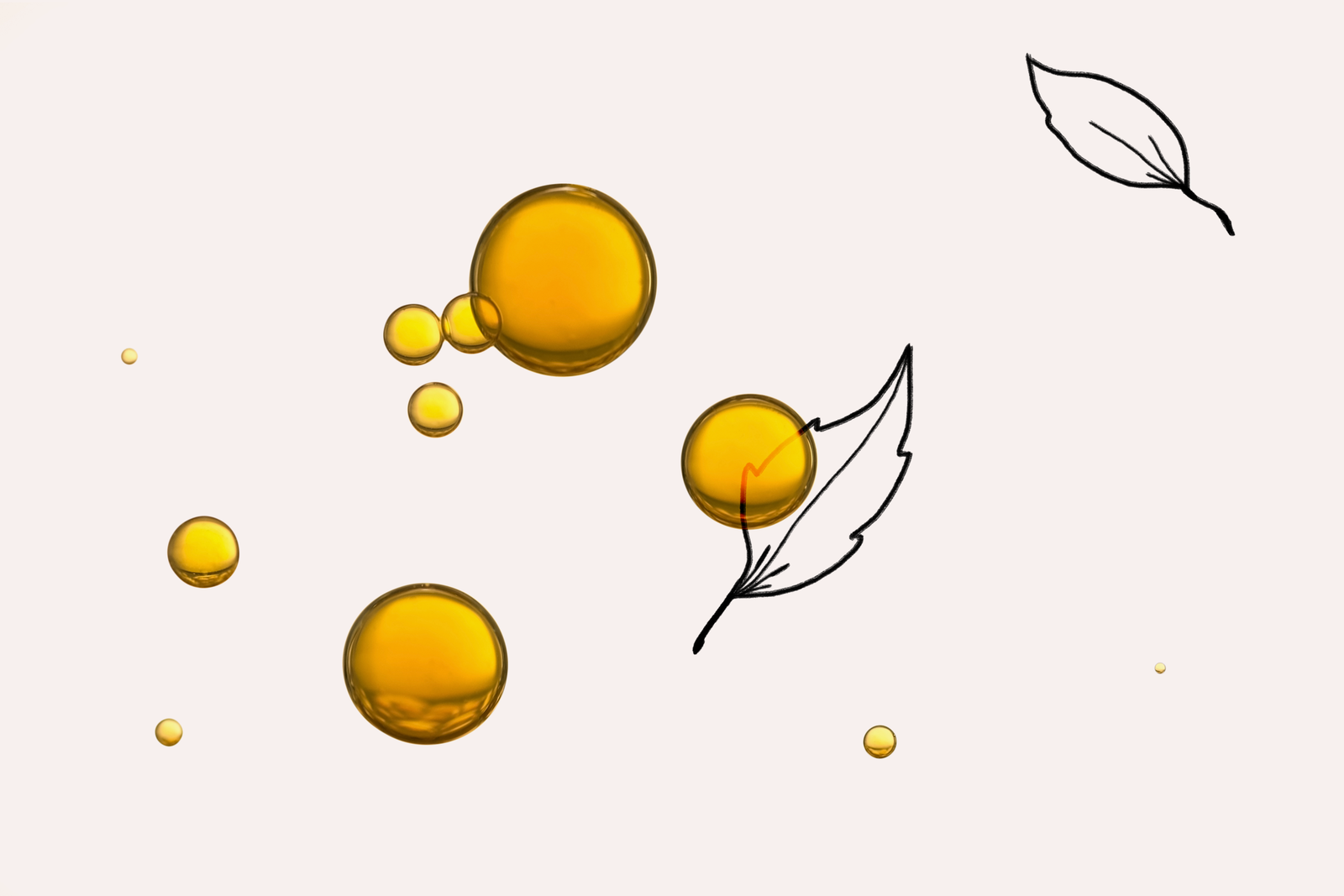
12. This is more of a comment than a question...
Ma'am, I see where this is g—
...but essential oils really did cure my husband's brain cancer!!!
*slowly backs away*
*calls security*
